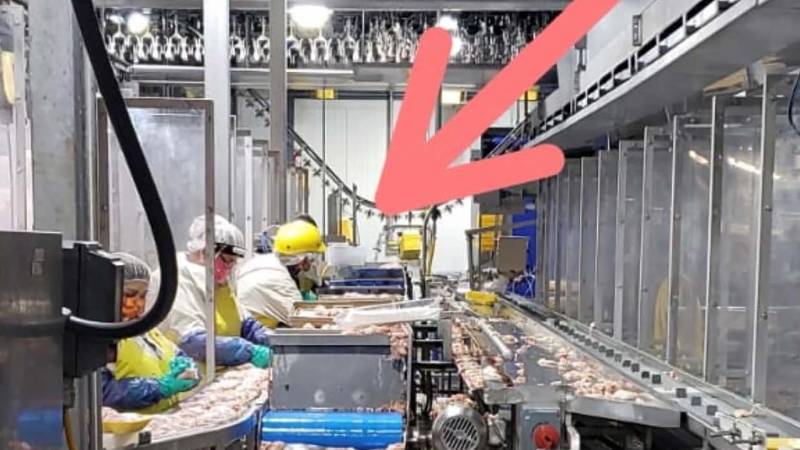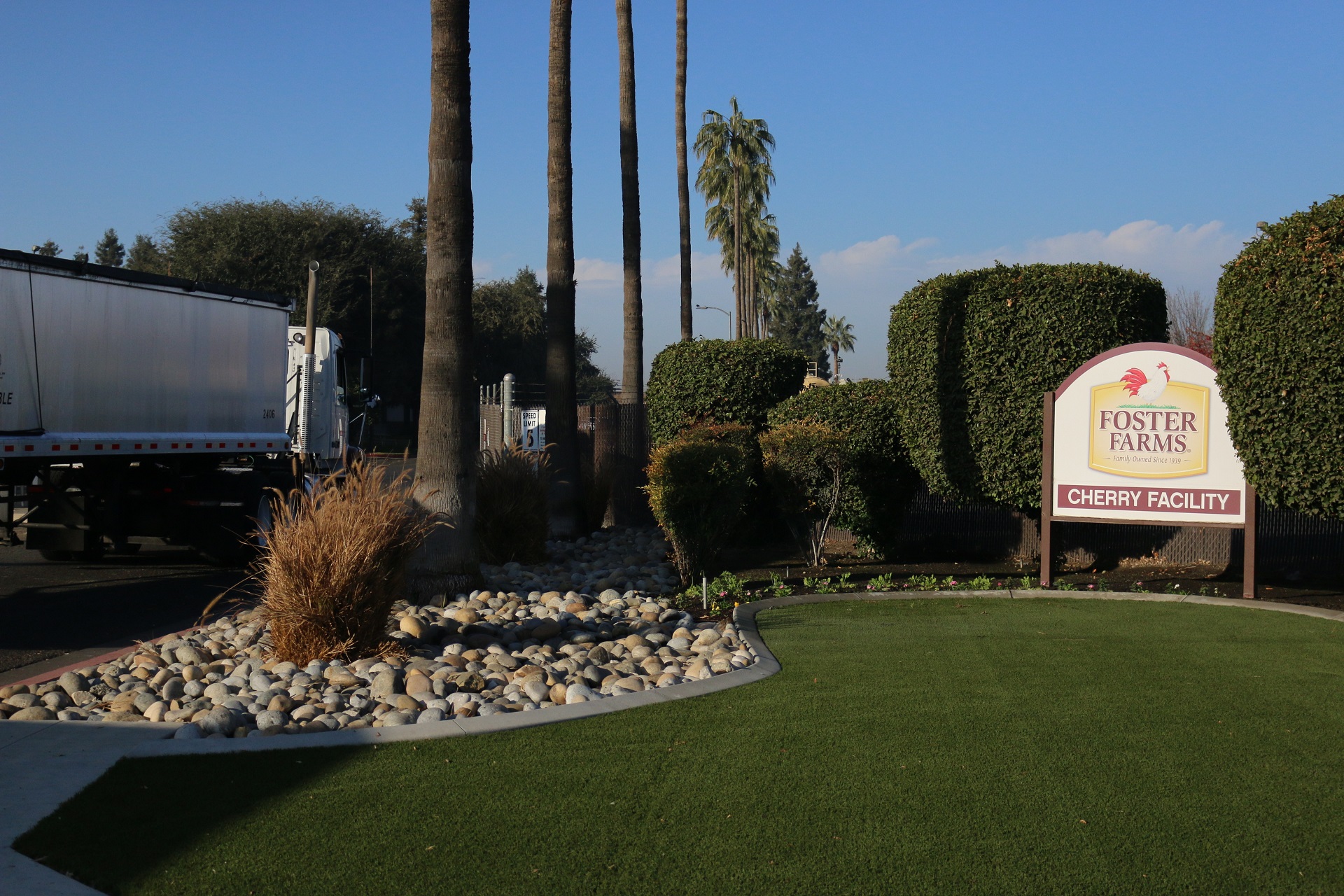It does not ask that the plant be closed.
The suit also argues that Foster Farms’ operation of the Livingston facility constitutes an “unfair and unlawful business practice that gives it a competitive edge at the expense of its employees’ safety,” and a public nuisance that impacts the greater community.
Foster Farms “continues to ignore baseline workplace safety protocols, inexorably leading to further spread and infection in the Plant and community at large,” attorneys for the plaintiffs wrote in the complaint.
Merced County Superior Court Judge Donald Proietti declined to make an emergency ruling on Friday, instead opting to schedule a second hearing for Dec. 23.
“There are very significant issues that the court needs to look at before I make any type of emergency rulings,” Proietti said, “in light of what are federal emergency orders, statewide emergency orders, and with regard to a private commercial business operation, which is under operation as an essential industry.”
Foster Farms responded in court filings Friday that the lawsuit offers “allegations based primarily on anecdotal declarations and news articles that grossly misrepresent the substantial safety measures that Foster Poultry has implemented.”
The company also argues that regulatory agencies, including Cal/OSHA and the county health department, have primary responsibility to oversee operations at its plants, and the court shouldn’t intervene.
"Foster Farms does not comment on active litigation in detail," the company said in a written statement Friday. "We believe the current United Farm Workers lawsuit is without merit and have confidence that judicial review will find accordingly."
The company said it screens employees for symptoms, and follows the Centers for Disease Control and Prevention guidance, including mandatory mask wearing and workstation partitions. The plant is continuously cleaned, according to the company, and employee breaks are staggered. It is also installing portable air filters. Employees are also tested for COVID-19 continuously, according to Foster Farms.
Ira Brill, the company’s vice president of communications, said the positivity rates at the Livingston plant and two other facilities in Fresno have dropped in recent weeks.
“We continue to test all workers twice weekly at the Livingston plant and the positivity continues to be less than 1%,” Brill said Thursday through a public relations representative.
Monique Alonso, one of the attorneys representing plaintiffs in the case, said Foster Farms has not complied with the Aug. 28 Merced County health order.
“Their compliance has been incomplete, it’s been inconsistent, and they obviously need something a little stronger than the county of Merced saying you need to do this,” Alonso said.
Alonso’s co-counsel, UFW General Counsel Mario Martinez, called the lawsuit “a last resort and about protecting workers’ lives.”
Livingston Plant Facing New Outbreak
By early December, Merced County health officials added the Livingston facility to its list of outbreaks in the county for a second time. The plant was shut down for six days in September after an outbreak resulted in at least 392 workers testing positive for the coronavirus. Nine people infected in that first major outbreak died.
As of Dec. 10, at least 48 workers had tested positive in connection to the more recent outbreak, according to a Foster Farms email obtained by KQED.
Since reopening the plant in September, attorneys write in the lawsuit, Foster Farms has not fully complied with the Merced County health order.
“While the company made certain alterations following the September shutdown, its compliance has been irregular, ineffective, inconsistent or nonexistent — all emblematic of a basic disregard of worker health and safety,” attorneys wrote in the suit.
The lawsuit also includes eight declarations from plant employees, who describe working within 2 or 3 feet of one another, sometimes separated by plastic dividers or curtains, other times not.
One employee said in a declaration that she went to work during the temporary shutdown, despite the health order requiring her area of the plant to be closed.


